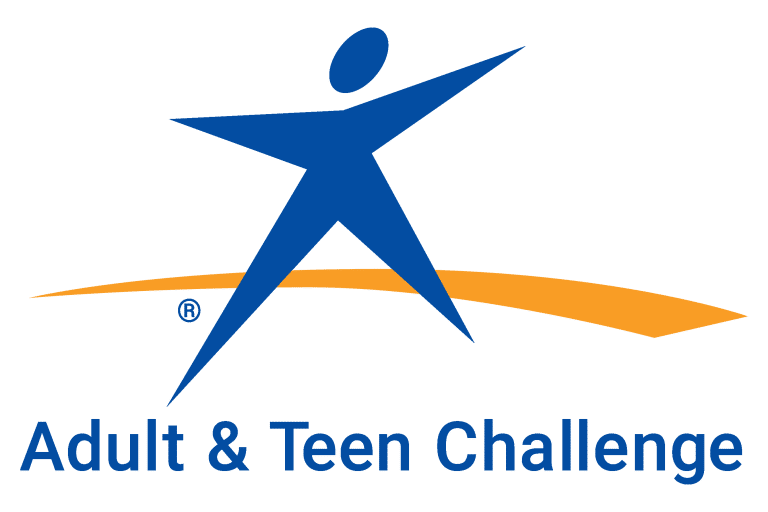Are you writing copy for letters, newsletter and brochures because you love to write? If so, you’re one of the few avid authors in the Teen Challenge circle. Many of us are writing because someone has to do it. We have a “passion” for students in Teen Challenge, not a passion to be published. But the great part of this is that our “passion for students” can be most effective in our writing with a few simple tips.
Find your story. This is one of the easiest parts in our work. Just open you door and talk to the nearest student and there will be a story worth sharing. Keep in touch with alumni and you have a story with a successful history. Everyone’s story has fascinating details that make their story interesting. You have to help the students or graduates find these points. Take notes, choose your stories wisely, but tell stories.
Be specific in your story telling. Details paint the picture in the mind of the donor. Generalities give a vague, fuzzy image.
Jane arrived at Teen Challenge early one morning.
A long, brown-haired tough young lady with angry red whelps on her arms, sunken cheeks, and piercing brown eyes that dared anyone to care, waited by door when I arrived at Teen Challenge this morning.
Which is the most interesting; which helps the reader picture the girl? When a reader sees a clear picture they are more likely to connect with the story and want to donate.
Write short sentences and short paragraphs. Our brains can take in and understand new information easier if it’s divided into short bites. This writing isn’t the writing style that we learned in school. Your paragraphs don’t have to have a topic sentence and several sentences to develop the point. Write more as if you are talking to the donor. Being informal helps you be a “real” person, not a copy writer to the reader.
Revise and Edit. Read your writing aloud. This forces you to slow down and actually hear what you’ve written, not what you were thinking. Look for all the unnecessary words, awkward structures and confusing sentences. Have others read your writing aloud, this will give another viewpoint about clarity and structure. Editing is one of the most difficult parts of writing. We’ve worked so hard to get the words on paper it’s hard to cut any part, but people are busy and you want every sentence left on the page to be concise, compact and powerful.




